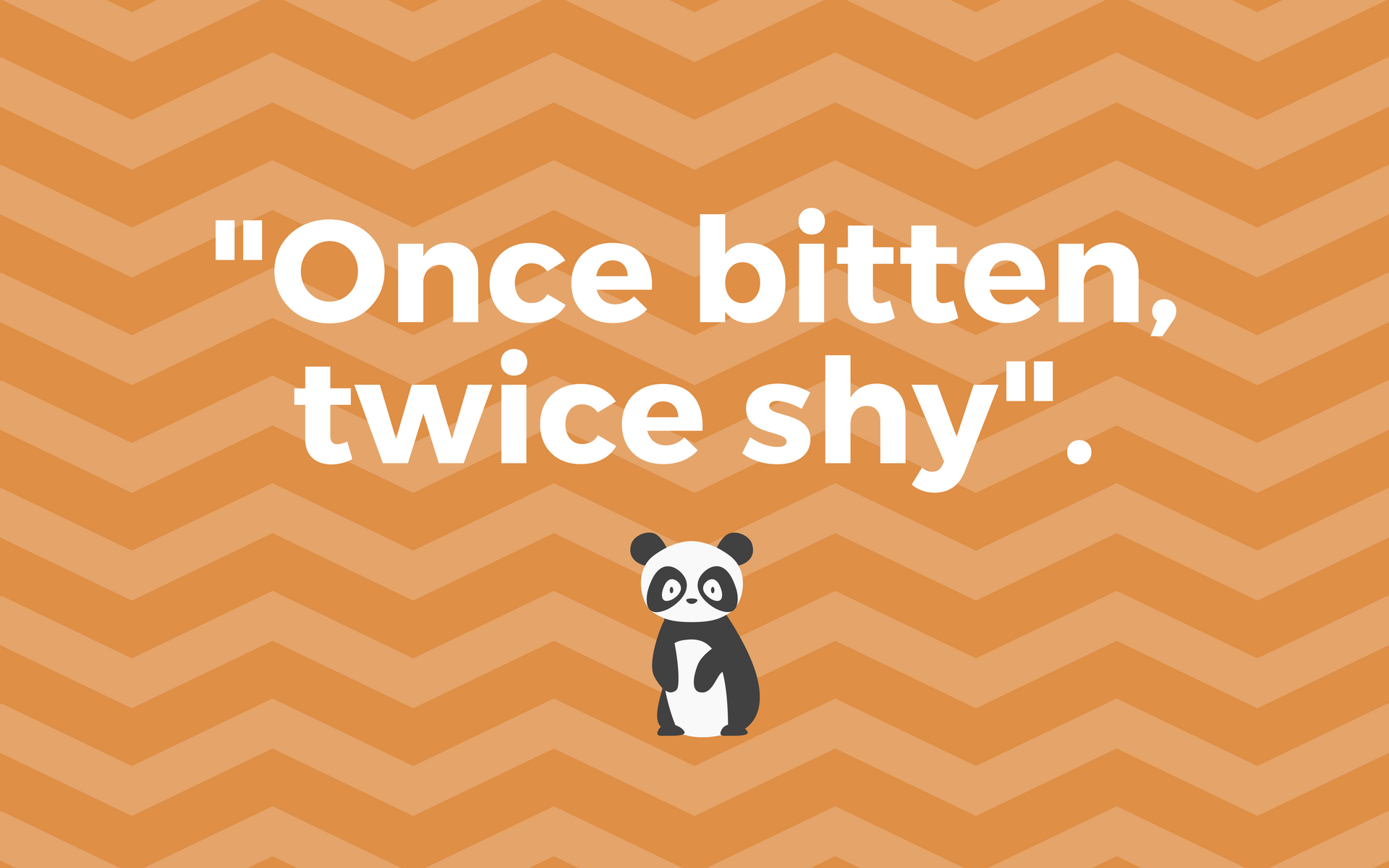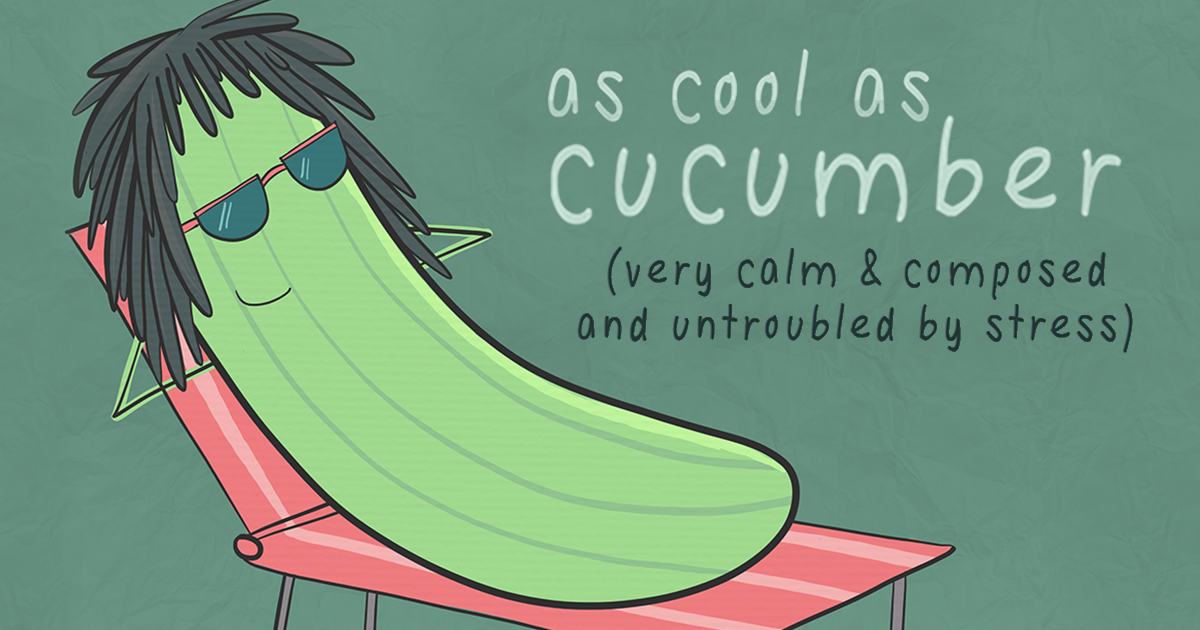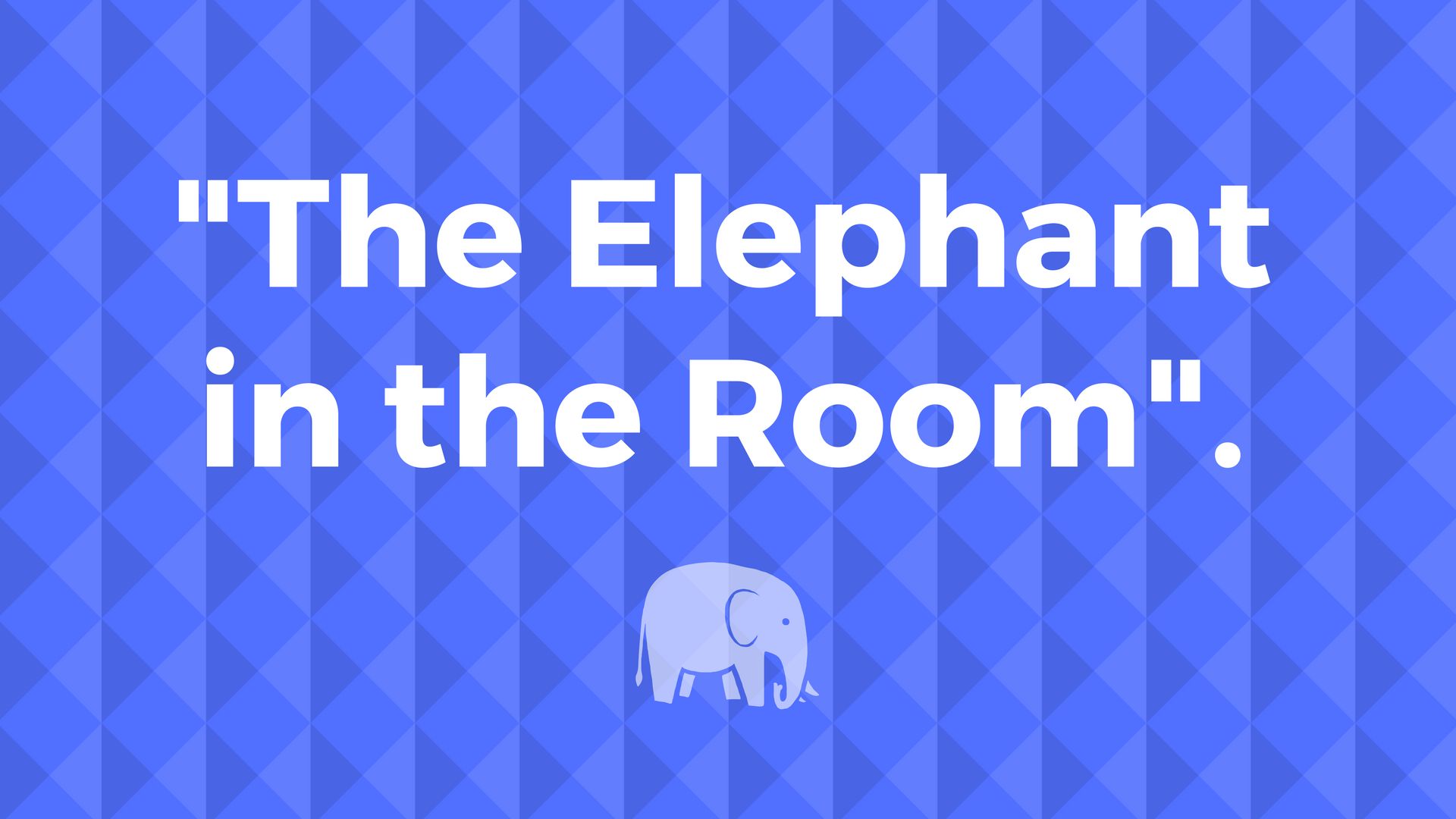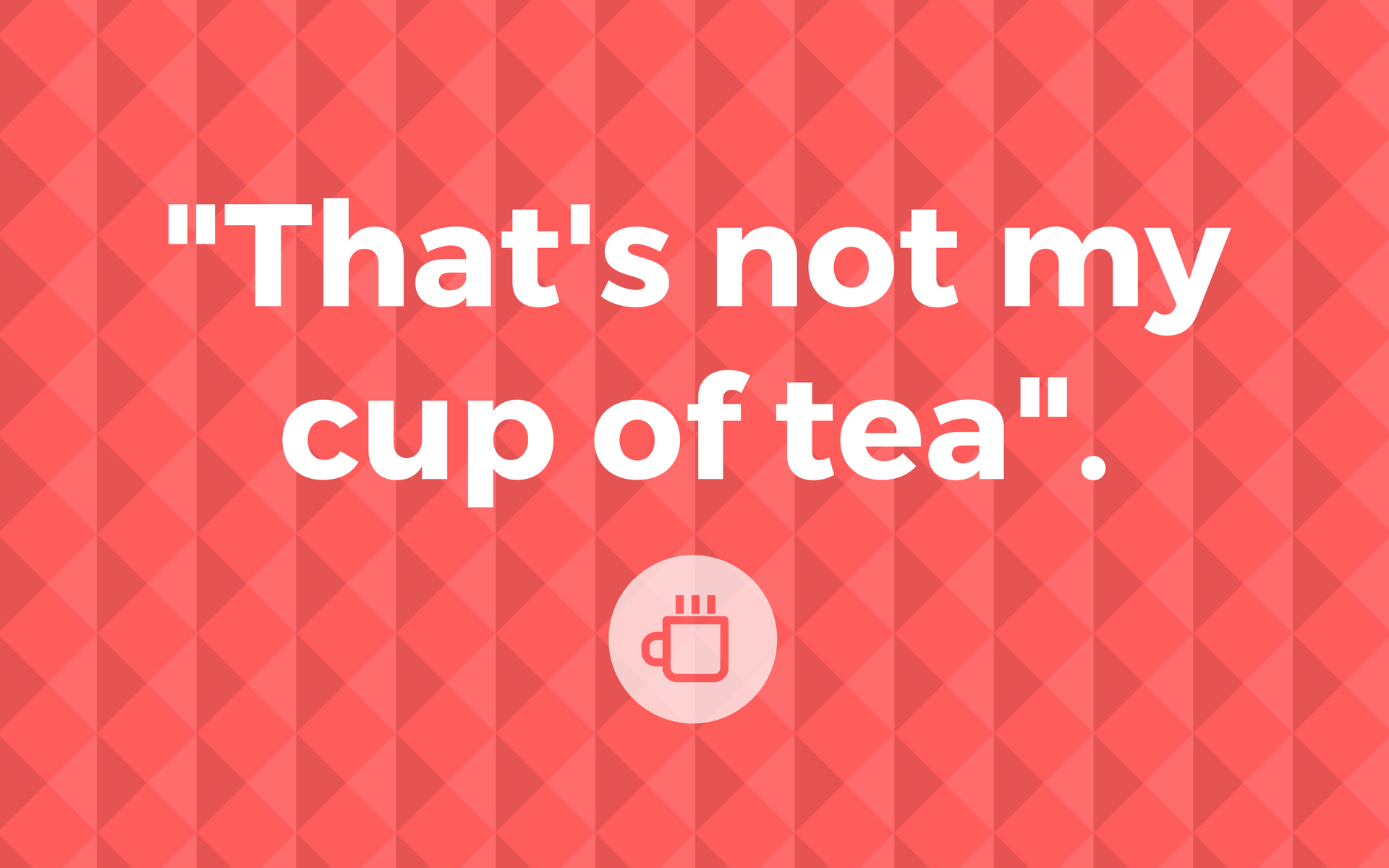
English useful expressions: “That’s not my cup of tea”

The tea cup is a symbol of English culture. Throughout British history, tea has been the protagonist of some of its most important chapters. Logically tea has to be part of the more “British” expression. So, in case you’ve heard about this idiom but you still don’t know its meaning, then make sure to continue reading…
Tea is the UK national drink along with beer. Everyone likes tea. So you can say that something you like is “my cup of tea”. For example, if you like fireworks you can say “Fireworks are my cup of tea”. You are implying that fireworks are something that you feel comfortable with, like when you have a cup of tea.
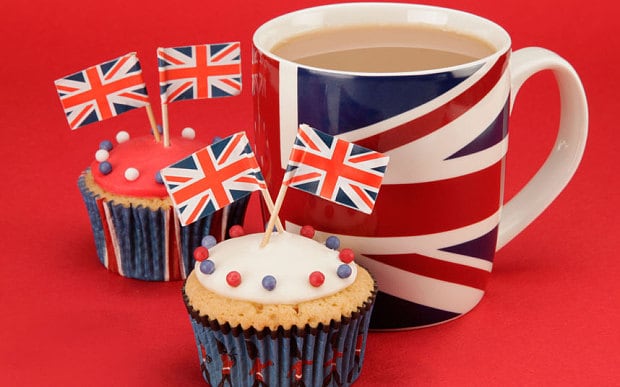
This expression is commonly used in negative
The funny thing about this expression is that it is usually used in negative. Suppose you do not like fireworks. In that case you will say “Fireworks are not my cup of tea”. Or if you are asked “Do you like fireworks?” You will answer “It’s not my cup of tea”.
Why use it in negative? The reason lies in the British personality.
The good British is politically correct, polite, respectful of your personal freedom and always tries not to create an embarrassing or offensive situation. If you ask a British if he likes fireworks he will not answer that he hates them, or that they are rubbish, because by saying that he might be offending you if you are a big fan. So instead of telling you that they are bad, it tells you that they are not your favorite thing, that is “not my cup of tea”. He is not even telling you that he does not like them, in fact he is telling you that they are not the kind of thing he likes best.
Related: Why language and culture are inseparable
Realize that in addition to saying that you do not like them instead of being bad, you are adding a point of subjectivity when saying “My cup of tea”. Not only is he avoiding saying something negative about fireworks, but in case there is any chance of you being offended, he says that is his particular opinion. It is understood that fireworks can be a great thing, something fantastic, extraordinary, it is simply that you particularly do not love.
You can see clearly how this phrase picks up the British personality perfectly:
Usually the British speak indirectly, avoiding criticizing, making it clear that it is their personal opinion, and that you may have a different opinion. This is just another prove that languages and culture go hand in hand and you really won’t understand one if you do not immerse yourself into the second.
Have you ever used this expression? Please leave us a comment and we’ll make sure to reply ASAP! 🙂





